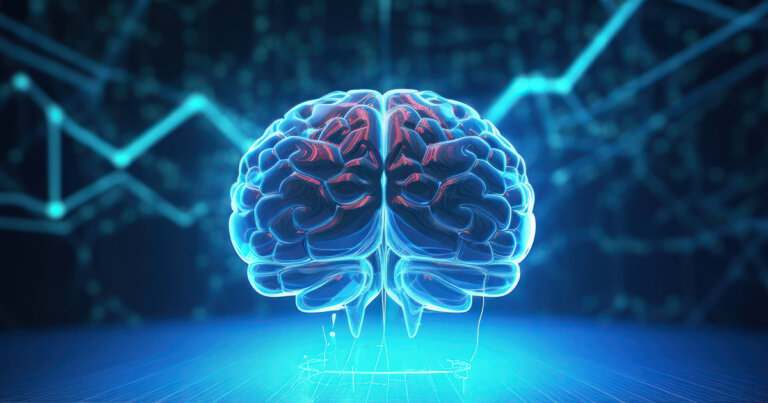 AI tool 86% accurate in predicting judge verdicts without evidence, only bias in past judgments
AI tool 86% accurate in predicting judge verdicts without evidence, only bias in past judgments AI tool 86% accurate in predicting judge verdicts without evidence, only bias in past judgments
AI-powered platform Pre/Dicta predicts civil litigation outcomes, disrupting legal sector norms

Cover art/illustration via CryptoSlate. Image includes combined content which may include AI-generated content.
According to Axios, Pre/Dicta, an AI-powered database, is reshaping the traditional dynamics of civil litigation by predicting judges’ decisions, thereby assisting lawyers and plaintiffs in efficiently investing their resources.
Launched in 2022, Pre/Dicta uses around 120 data points to identify patterns and potential biases in a judge’s past decisions. These data points range from the judge’s alma mater to their net worth and ruling history in different law firms. Pre/Dicta’s platform covers all state and federal civil litigation cases and is not designed to predict criminal case or jury trial outcomes. Instead, it focuses on civil litigation, a field that could be significantly impacted by a precision tool like Pre/Dicta.
A noteworthy implication of this technology, as reported by Axios, is the potential transformation of “judicial forum shopping” – the practice where plaintiffs strategically select courts and judges likely to rule in their favor. AI tools like Pre/Dicta could turn this art into a precise science, influencing which cases are funded and make it to court. This could, in turn, reduce court backlogs and shift disputes toward alternative resolution forums.
Dan Rabinowitz, CEO of Pre/Dicta and a former Department of Justice trial attorney, claims that his AI model can predict a judge’s decision with an accuracy of 86% without even considering the case’s specifics. Rabinowitz told Axios,
“We don’t look at the law or the facts — we entirely ignore that.”
This approach, he states, has resulted in an 81% accuracy rate for predicting the decisions of newly appointed judges.
The predictive capacity of Pre/Dicta holds significant implications for the commercial litigation funding industry. As Axios referenced, at least 44 funders committed more than $3.2 billion in 2022 to fund lawsuits in the U.S. With AI prediction tools like Pre/Dicta, and these funders could make more informed decisions on which cases to back financially.
However, integrating AI in the legal domain extends beyond judge prediction. The technology stands to revolutionize the way lawyers and paralegals conduct research, potentially disrupting the traditional law firm model based on billable hours.
Still, Rabinowitz acknowledges that the system might soon hit an accuracy ceiling, as anomalies will always defy the norm.
In the broader context, the advent of Pre/Dicta and its predictive capabilities follows its parent company’s acquisition of Gavelytics, a leader in judicial analytics for state court cases. As reported in their official press release, this acquisition has accelerated Pre/Dicta’s development of a tool offering instant and accurate predictions for state courts nationwide, signaling a significant milestone for predictive litigation analytics.
While the jury is still out on the full impact of AI in the legal arena, it’s clear that platforms like Pre/Dicta are already making waves, reshaping the landscape of civil litigation and potentially transforming the future of law.
In an era where AI brings unprecedented changes to various industries, the legal sector is evidently no exception. However, it opens questions as to the efficacy of the current legal system and the ability for such platforms even to exist. It is reasonable to expect AI models to require the evidence of a case to be able to predict a judgment, yet inherent biases of judges seemingly are sufficient.























































